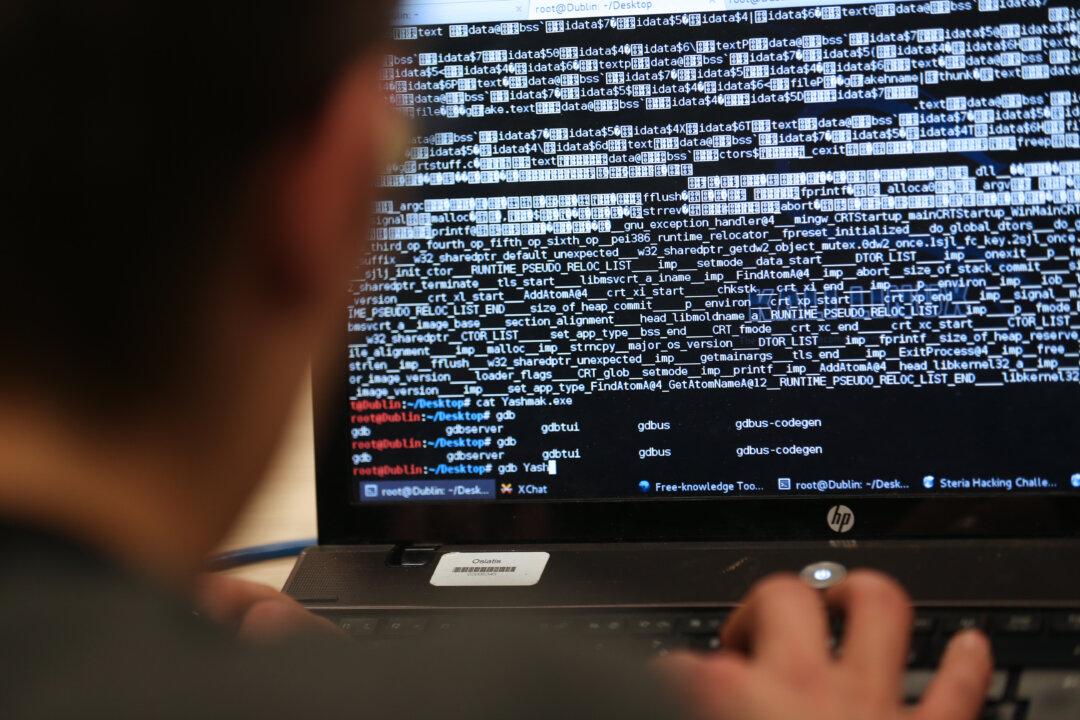Most Chinese hackers usually seem to work for the state in one way or another, pilfering the commercial secrets of companies abroad and feeding them back to state-run firms. But another group is instead targeting the Chinese Communist Party itself.
On May 22, a Facebook user calling himself “Unicorn Nocturne” announced that a group of “anti-tyranny hackers” have compromised computer systems belonging to the Shanghai Bar Association, the Beijing Municipal Commission of Education, and the Guangdong provincial branch of the Political and Legal Affairs Commission—which controls the regime’s security apparatus—and absconded with the contact information of thousands of personnel.
In an interview with Epoch Times, the hacker, who identified himself as Cheng Binlin, said he was inspired by “ideals of democracy,” and the wish to “expose the tyranny and despotism” of the Chinese regime.
The choice of some of the targets for penetration was not immediately clear, though bar associations in China are known to be adjuncts of the state, and are complicit in some of the regime’s persecutory policies.
The Political and Legal Affairs Commission is the Party agency that oversees the courts, police, armed police, secret police, and the procuratorate, controlling a budget of around $120 billion—more than military expenditures. It was once helmed by former Politburo Standing Committee member Zhou Yongkang, who was recently purged in Chinese leader Xi Jinping’s Party rectification campaign. Zhou now awaits trial on charges of bribery, abuse of power, and leaking state secrets, according to state media.




